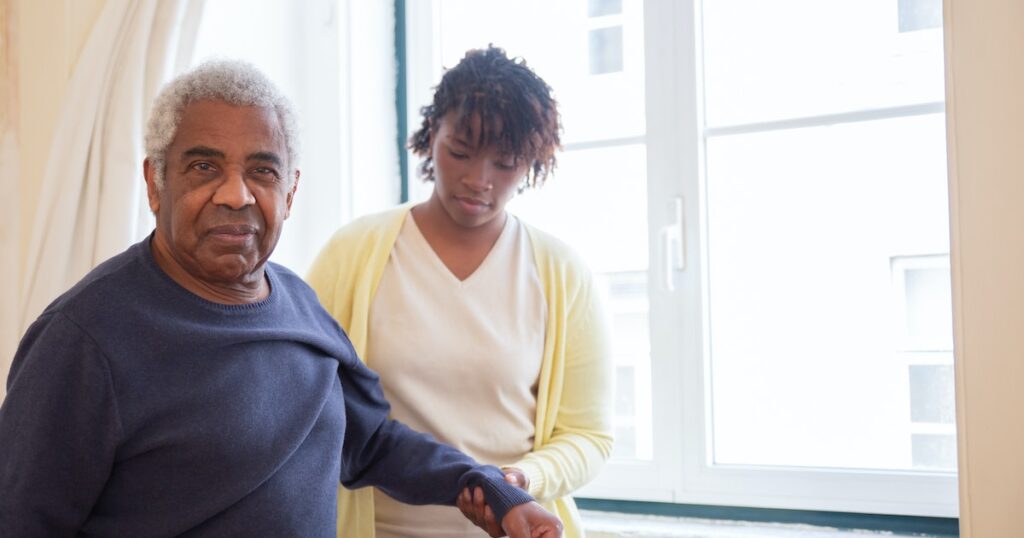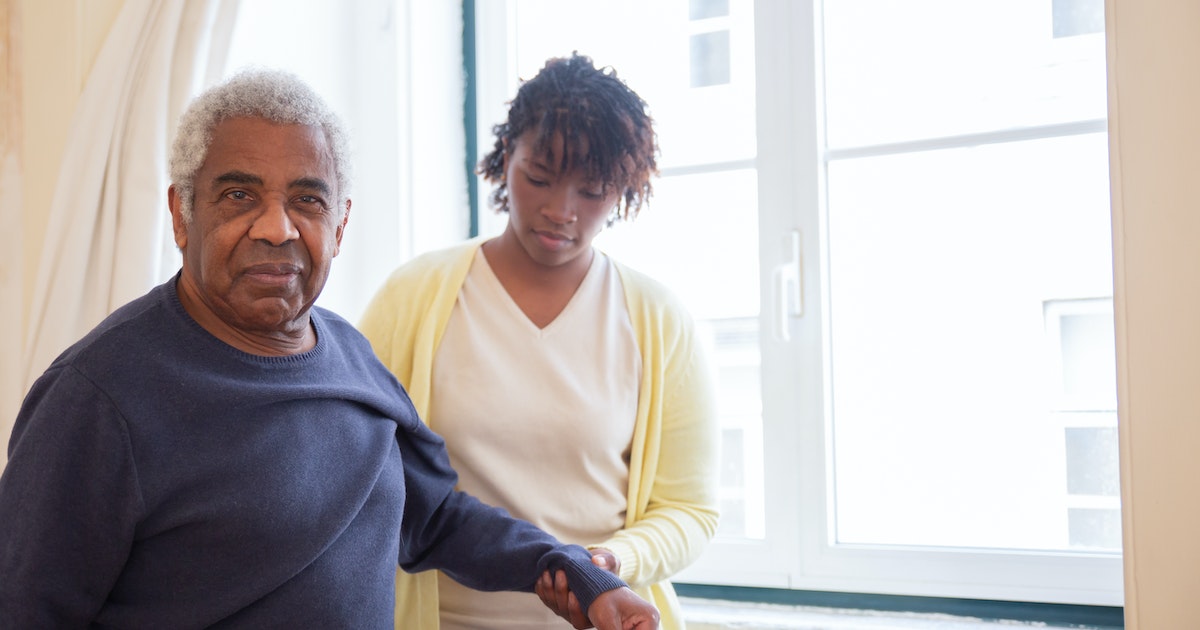Learn 12 Skills a Caregiver Should Have

It’s no secret that caregivers require specialized talents in order to improve the lives of their loved ones or clients. As a caregiver, their health and well-being are of the utmost importance. You’ll need a specific skill set to do so. These abilities range from practical communication skills to time management.

But what abilities are required to be a caregiver?
This article discusses the fundamental caring abilities that anyone considering taking on the role should possess. You will be able to give better care for your clients or loved ones if you develop these skills.
The Importance of Fundamental Caregiving Skills
Your responsibilities as a caregiver include the personal and intimate care of another person. Your behaviors, feelings, and gestures have a direct impact on another person’s care. Because caring for another person is a selfless act, your skills are important, and their quality of life is directly related to your skills and capacity to provide.
We’ll go over the 12 basic caregiving skills we believe are needed for any caregiver in the sections below.
12 Caregiving Skills
Compassion
Being aware of a client’s emotional needs is an important part of the caregiver’s job. While physical health and well-being are vital, seniors’ mental health is crucial. Compassion is the desire to provide care in all parts of the client’s life, as well as to demonstrate kindness and understanding in order to provide effective emotional support.
Communication Abilities
Practical communication skills are critical for caregivers, especially when more than one caregiver is caring for a client. When dealing with other carers, it is your job to provide pertinent information about care responsibilities, such as changes in their health/vitals.
Furthermore, certain illnesses, such as Alzheimer’s and Dementia, limit a person’s ability to communicate. Therefore gaining valuable communication skills is critical for filling in the gaps. Even if their ability is not impaired, clients may be frightened to discuss any changes in their health; thus, communication is important in developing a positive relationship with them. Creating a safe setting for them to share with you should be a top focus so that their care is not jeopardized.
Patience
Caregiving is a selfless act that demands you to prioritize the needs of others. If you are caring for someone who has limited communication abilities or a mental health condition, it may be difficult to know what they require. Therefore you must be patient to work with them.
Empathy
Understanding your client’s ever-changing needs is critical as a caregiver. Aging can be a difficult period for seniors, especially if they have Alzheimer’s disease or another associated disorder. You must pay attention to their needs and be kind in order for them to feel cared for and appreciated.
Physical stamina and strength
A good caregiver should have physical strength and energy to get through the day’s chores in addition to the care-based duties of caregiving. If your client has limited mobility, you’ll need the strength to help them with basic activities like walking, getting in and out of bed, and so on. Furthermore, because this profession typically requires long hours on your feet, you must be in good health and have the energy to be active during your shift.

